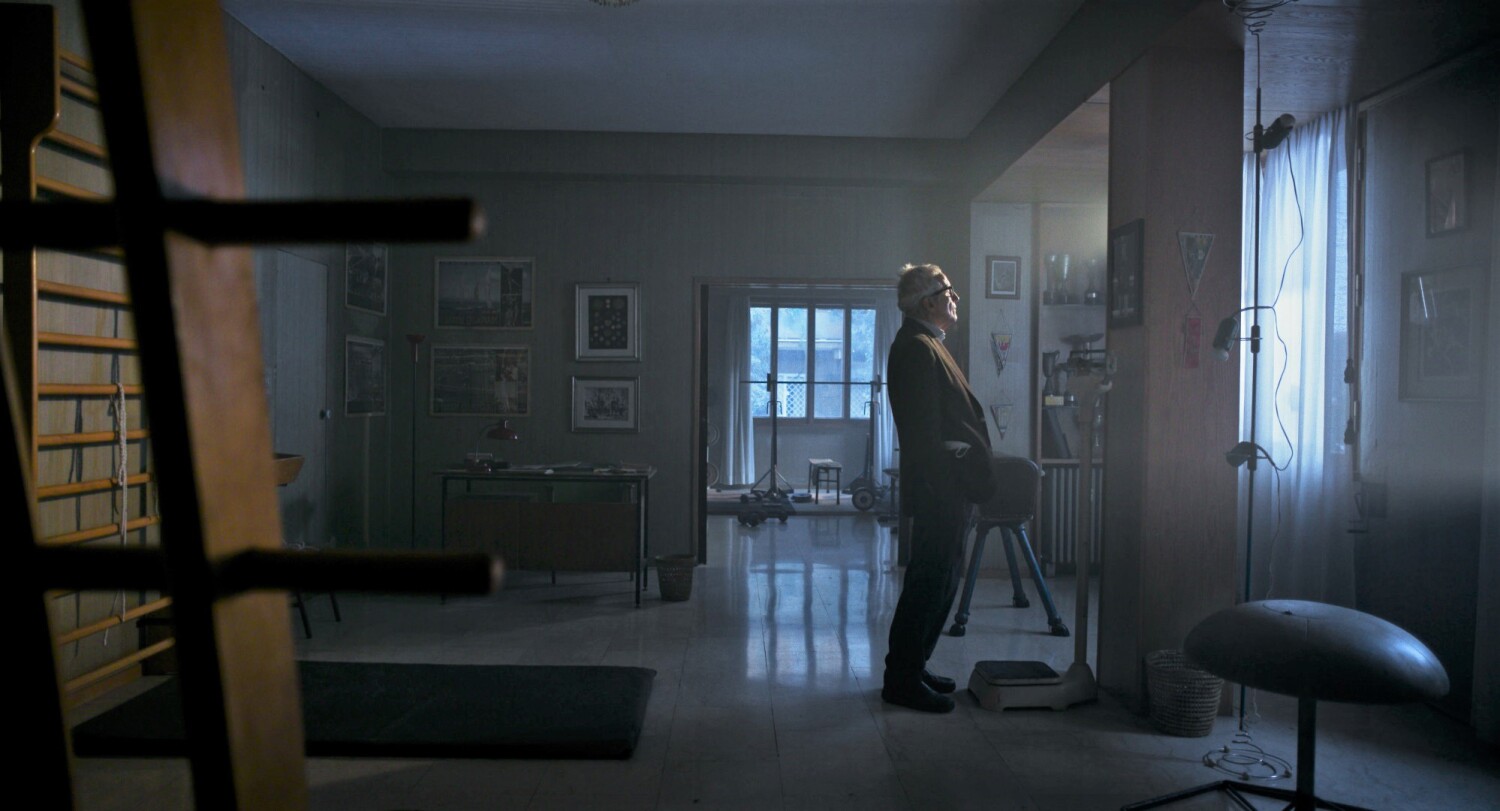
The Moments is fully commited to examining theatrical movie releases in the course of the COVID-19 pandemic. Mainly because moviegoing carries pitfalls through this time, we remind readers to follow overall health and security suggestions as outlined by the Centers for Ailment Control and Prevention and regional health and fitness officials.
The vacations are when lots of people hope for tranquil convergence instead of eruptive conflict, or at minimum warmth in its place of anguish. When Italian filmmaker Marco Bellocchio (“Fists in the Pocket,” “The Traitor”) joined his prolonged family members in December 2016 for an eagerly awaited, multi-generational reunion in their hometown of Piacenza, he observed an opportunity to deal with a longstanding sorrow he could sense in his older siblings: the far too-temporary everyday living of his twin brother, Camillo, who committed suicide in 1968 at age 29.
Filmed discussions adopted with his 5 surviving brothers and sisters, all in their 80s, and Camillo’s girlfriend’s sister — plus a priest and a psychiatrist for good measure. These sort the heart of Bellocchio’s deeply private documentary “Marx Can Wait around,” a redemptive examination and confessional of sorts about Camillo’s area in their huge, emotionally chaotic Catholic family, and his death’s outcome on the director’s art and psyche.
The viewer is produced a guest of types to an unusually open, illuminating, nevertheless in no way knowingly not comfortable, excavation of reminiscences, regrets and speculations. Augmented with household pictures, archival footage and allusive clips from Bellocchio’s a lot more semi-autobiographical movies, “Marx Can Wait” couldn’t have been an effortless project for the director to recognize — guilt is an ever-present take note in the sadness. But even at its most emotionally awkward or loose, it alerts a filmmaking sensibility where Bellocchio — whose approximately 60-year vocation has been created on a provocative rendering of the social and political fractures all-around him — is refreshingly averse to viewing his very own previous by means of rose-coloured glasses.
The portrait of Camillo that emerges is a single of a sensitive postwar boy turned disaffected ’50s youth whose aimlessness was in portion thanks to a absence of self-worthy of he felt when he as opposed himself to his formidable and accomplishing brothers. Pictures and property footage reveal not only a delicate, guarded handsomeness — a bit of the “likable poor boy,” as one particular brother remembers him remaining — but also a “veil of melancholy” that in no way left him. The siblings confess staying blind to how a great deal actual soreness there was driving it. The details of Camillo’s life and demise — what he mentioned, did, wrote — become springboards for guilt-tinged guesswork. It’s all pretty human, understandably messy and normally affecting.
The wrestle to understand particular sorts of suffering is exemplified in the tale driving the title. When the director’s star was ascendant in the late ’60s soon after his (even now) highly effective debut, “Fists,” heralded an edgier, more subversive and political new Italian cinema, Bellocchio tried using to convince his brother that all he wanted was the exact same epiphany he’d experienced about innovative adjust. Camillo just responded, “Marx can hold out. I have other demands.” It would be their final discussion.
Several years afterwards, Bellocchio appropriated that line for his 1982 film “The Eyes, the Mouth,” in which he portrayed the family members fallout from a twin’s suicide. Short excerpts from that and other videos where the director addresses demise, suicide, mental illness and family grief talk to a person of this film’s more intriguing themes — the romantic relationship among the trauma, creativeness and therapeutic.
Not that Bellocchio is declaring he’s solved nearly anything by continuing to return to this tragedy in his function. It’s to this rigorously mental and self-questioning filmmaker’s credit history that he does not existing these areas of his oeuvre as anything but conscience-stricken stabs at making feeling of it all. To some extent, Bellocchio has created “Marx Can Wait” so he can acknowledge that there’s inadequacy in any these endeavor and that all anyone like him can do is retain making films as truthfully as probable. That easy poignancy about reduction and time is there in this stark remembrance’s remaining images: a succession of photos of himself and Camillo aspect by aspect by the many years, in which only Bellocchio keeps growing older.
‘Marx Can Wait’
In Italian with English subtitles
Not rated
Working time: 1 hour, 31 minutes
Participating in: Begins Dec. 15, Laemmle Monica, Santa Monica





More Stories
Calvin Klein Biography
Celtic Art In Cross Stitch – Basic Medieval Stitch Designs & Instructions
Website Design and Development: A Science and an Art